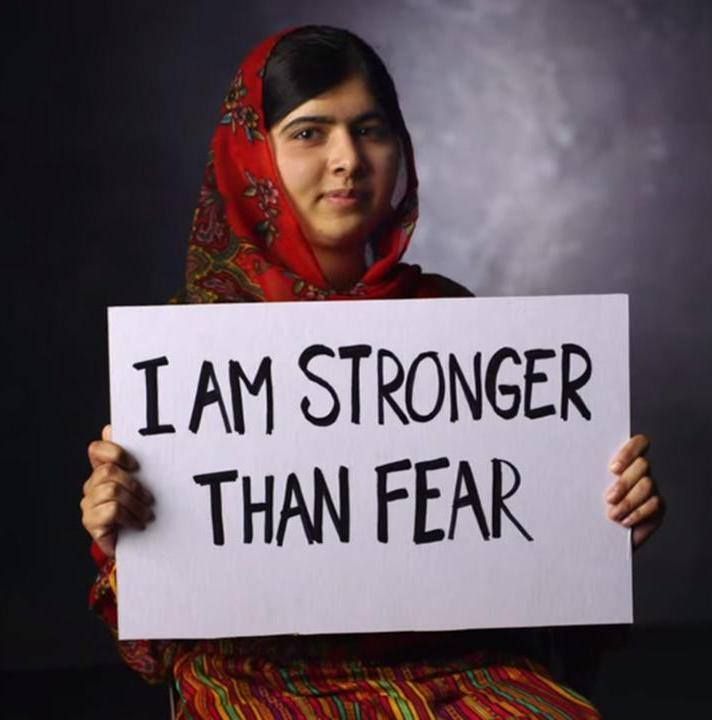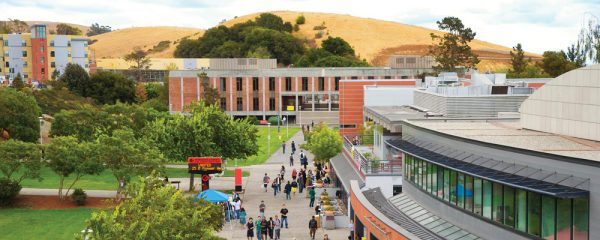Who is Malala Yousafzai?
I remember the first time I heard about Malala Yousafzai; I was sitting on the couch, watching the news, when a bit came up about a 16 year old girl, who had recently been shot and was now about to speak in front of the UN. This girl, only 3 years older than myself, fascinated me. Not because she had been shot, or because of her young age, but because of what she spoke about.
Standing in front of practically every country in the world, Malala emphasized the need for worldwide literacy, especially in girls, and women’s basic freedoms. I had never seen this before- a young, influential woman who was stressing literacy rather than talking about abortions or the wage gap. The few people I had seen talking about literacy were unfamiliar male actors who I couldn’t care less about. However, seeing Malala speaking with such passion inspired me, and continues to today.
Soon after I returned home, I began to research this inspirational teen and soon discovered that her activism started long before she had been shot. As a child, Malala lived in the Swat Valley of Pakistan, and in her early childhood years it was a popular tourist attraction for its summer festivals. However soon the Taliban began to take over the area, causing Malala to make her first speech in 2008, after an all girls school was attacked.
She was only 11 at the time. In 2009, she began to blog for the BBC, using the name Gul Makai (although her real identity was revealed by the end of the year). Continuing to speak out for female’s rights to education led her to receive both the International Children’s Peace Prize and the Pakistan’s National Youth Peace Prize in 2011. The next year, Malala was shot on a bus heading home from school. She was eventually flown to a military hospital in Peshawar and then to Birmingham, England for further treatment.
It was her near death, along with the publishing of her book, that really launched her into the spotlight. After her recovery, she continued to speak out against the Taliban while also advocating for women’s rights, eventually causing her to win the Nobel Peace Prize in 2014- making her the youngest laureate in history.
Since then, Malala has continued her activism for women and education, having opened an all girls school in Lebanon for Syrian refugees in 2015, speaking throughout the world, and being appointed as a UN Messenger of Peace.
Malala Yousafzai continues to be an inspiration for myself and millions of people throughout the world. If you haven’t already, I encourage you to read her book and visit her website: https://www.malala.org/ to learn more about her work and to join her on the#BooksNotBullets Campaign.






